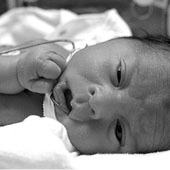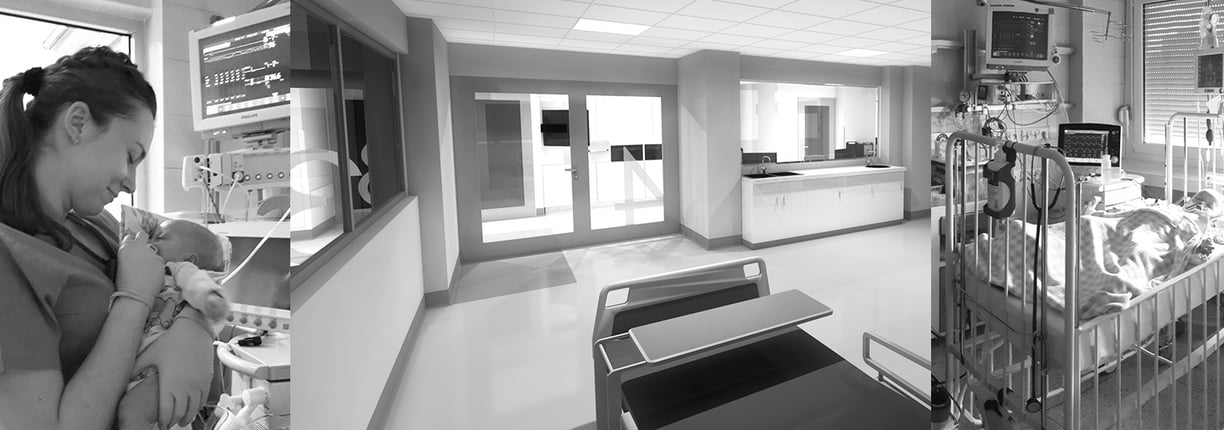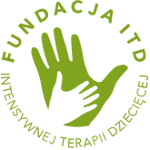It is worth making every effort to help save at least one more child's life.
The 9-bed Pediatric Intensive Care Unit is an integral part of the Pediatric Anesthesiology and Intensive Care Clinic at the Department of Anesthesiology and Intensive Care of the Karol Marcinkowski University of Medical Sciences in Poznań. The Unit is responsible for treating children in life-threatening conditions from birth to the age of 18. With the appropriate equipment, the medical and nursing team can provide highly specialized and interdisciplinary treatment of critically ill patients of all age groups admitted to the unit with a diagnosis of shock, craniocerebral or multi-organ trauma, poisoning, after severe, extensive surgeries, as well as genetic defects.
Currently, the Department covers children from the entire Wielkopolska, Lubuskie and Zachodniopomorskie provinces. Most of them manage to save their lives , and the mortality rate of young patients in our intensive care does not differ from global statistics, which is a great achievement. Some children, despite the stabilization of their clinical condition and due to the diagnosis of a chronic disease, require temporary or permanent breathing support using a ventilator at home. This is also our next field of activity.
Thanks to modern equipment and organizational solutions, after improvement in our department, children are discharged home with a ventilator, enabling respiratory therapy at home, and further care is taken over by the Wielkopolskie Hospicjum dla Dzieci or HELP Homecare, with whom we closely cooperate.
The Intensive Care Unit is one of the most highly specialized departments in the hospital , where treatment is provided to critically ill children, children in conditions of direct threat to life, for whom the only chance for further life is intensive care.
Treatment in the Intensive Care Unit is interdisciplinary. This is where complex therapeutic processes cross paths, and each year over 200 children are admitted with acute and chronic respiratory failure and multi-organ failure in the course of various systemic diseases:
• Multi-organ injuries
• Sepsis and septic shock
• Neoplastic diseases
• Congenital malformations of one or several organs
• Conditions after extensive surgical procedures
In addition, the extremely dynamic development of advanced diagnostic, surgical and therapeutic procedures poses increasing challenges to intensive care, thus providing even greater chances of curing critically ill children. This requires a highly qualified medical and nursing team and an intensive care unit equipped with the latest equipment . Until now, the Great Orchestra of Christmas Charity Foundation and several individual sponsors have played a large part in equipping our Unit. However, the needs are great.






